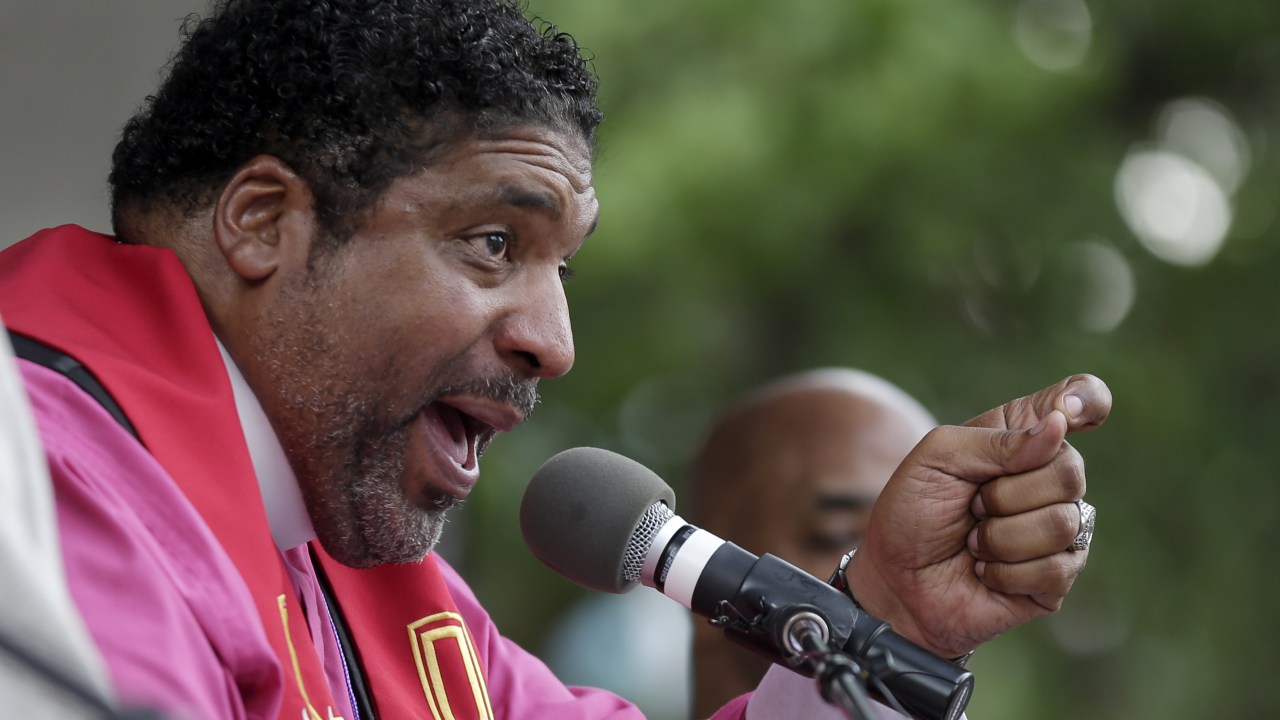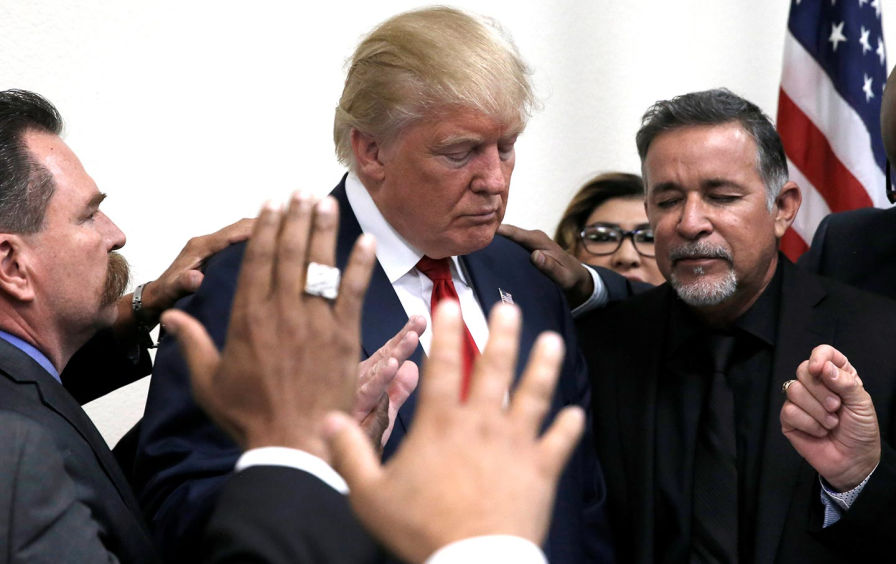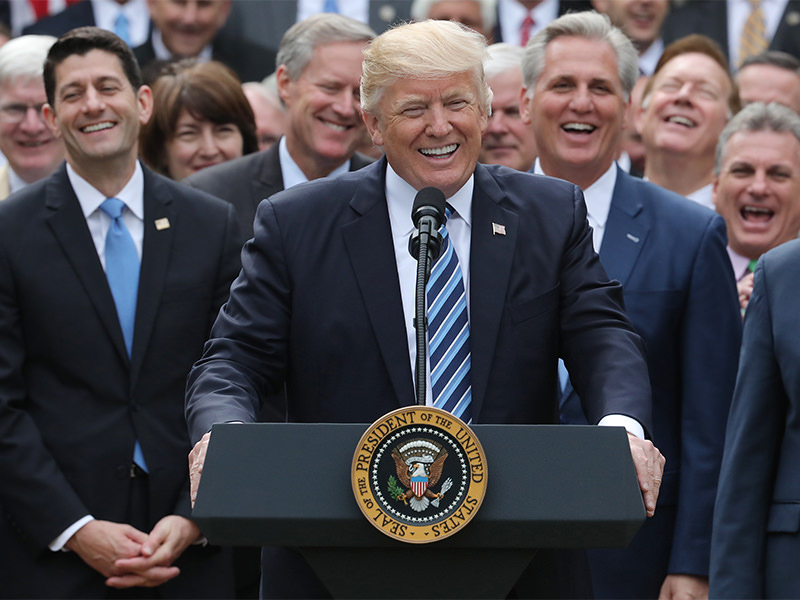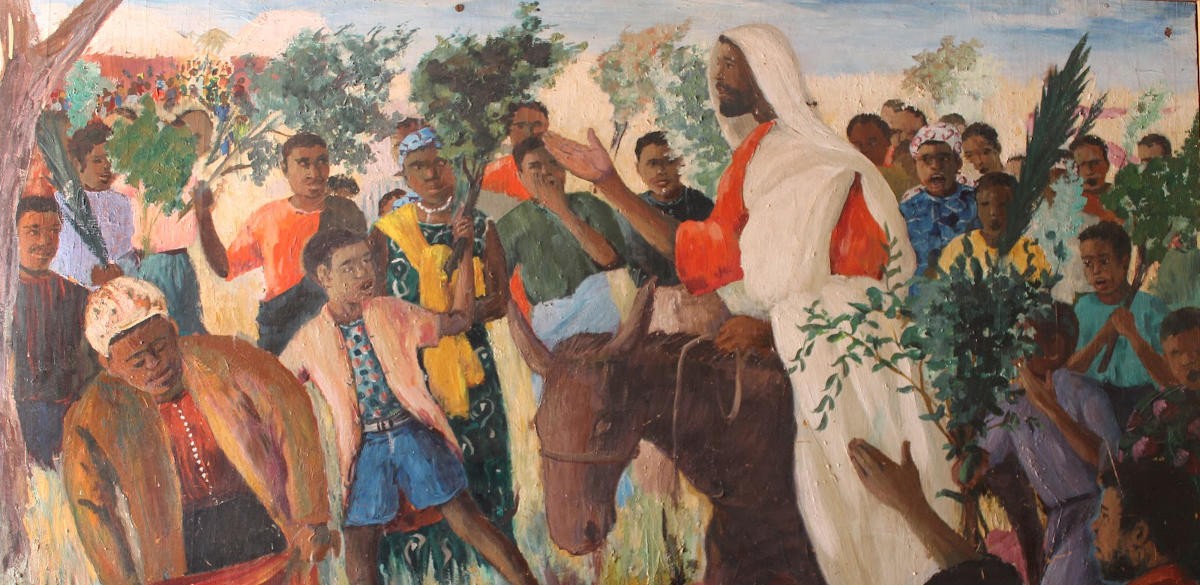Practical Matters
By Liz Theoharis
May 10, 2017
Although a plethora of biblical texts preach good news to the poor, other texts are used to justify inequality and to blame the poor, or different religious groups, for the misery and oppression of the people. This article focuses on Matthew 23 – one of the strongest biblical critiques of religious and moral (mis)leadership. It asserts the warnings from Matthew 23 are for those in religious leadership and emphasizes their misplaced priorities, exclusion, and hypocrisy. These warnings are a critique of how the religious leadership of Jesus’ day was complicit in the further impoverishment and oppression of the people, but they apply to our day as well. Indeed, throughout the Gospel of Matthew, Jesus provides a large-scale economic and social analysis. Consistent with the main themes of the Hebrew Prophets, this includes: a critique of wealth and poverty; a critique of the status quo and especially the complicity of leaders in the poverty and oppression of the Empire; and the necessity for all, but especially moral and religious leaders, to mix and meld their words and their actions. The article explores the strong moral critique that Rev. Dr. Martin Luther King Jr. makes with the Poor People’s Campaign, connects this critique to Matthew 23, and insists that a moral movement and new Poor People’s Campaign is needed to address growing poverty and inequality today. Written in sermon form, it functions as a model for how one might preach about poverty in the contemporary U.S.
Continue reading →










